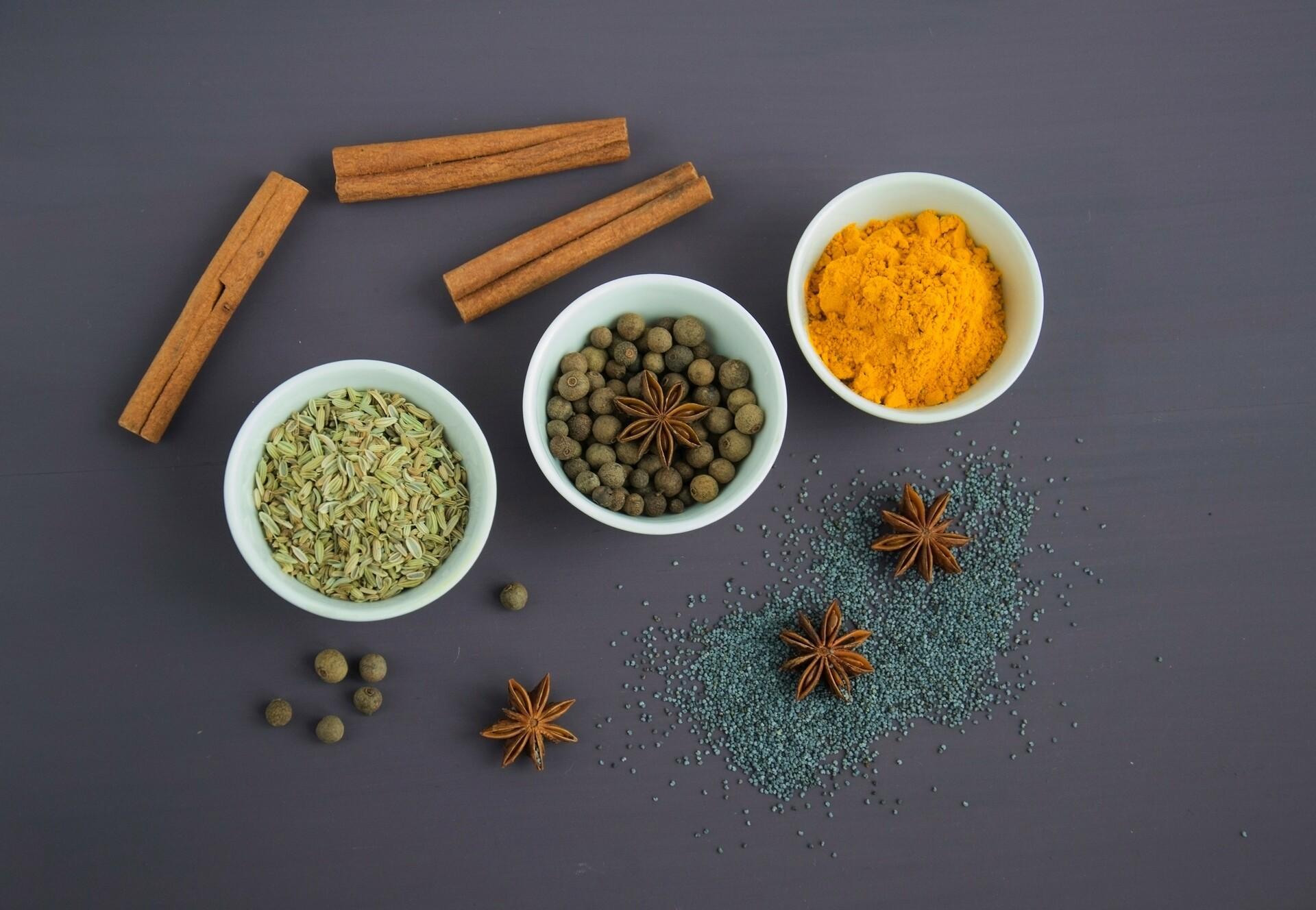
11 Must-Have Kitchen Ingredients
Animal-friendly, easy, and tasty!
You might not have much time for planning. Or you’re tired after a long day. Maybe your fridge is half empty.
If this sounds like you, a well-stocked pantry can change your life!
With these 11 healthy, animal- friendly staples in your pantry, you can cook last-minute delicious, healthy, animal-friendly meals in no time! Although it's always best to have fresh products to create the healthiest meals possible, these few ingredients will help make cooking easier. Feel free to modify based on your personal taste or allergies:
11 Must Have Kitchen Ingredients
- Different types of Pasta: Tagliatelle, spaghetti, fettuccini, penne, linguine and many more are must- haves for a quick dish! Pasta is easy to cook, inexpensive, fills you up and can be used in a variety of ways. For animal-friendly options, make sure you choose a durum pasta without eggs. Choose whole wheat pasta if you’d like to make your meal healthier.
- Dried and Canned Beans/Legumes: Beans are easy to prepare, healthy and super delicious. They are real time savers when it comes to cooking! You can use them for a salad, soup or main dish like chili sin carne or stew. Chickpeas, kidney beans, peas or soybeans are excellent sources of dietary fiber, protein, B vitamins, and minerals. Beans are also a more environmental option for protein compared to meat!
- Grains: Make an animal-friendly meal interesting by adding rice, quinoa, millet, or couscous. Depending on your preferred dish, you can choose between many rice types – wild rice, risotto, long-grain brown rice or just white rice. Rice can be used as a main component in a dish or as a side dish.
- Tomato Paste: Each dish needs a sauce, otherwise it can turn dry. Tomatoes - either fresh or canned, crushed or pureed - as a sauce or paste, are the easiest way to create a sauce for any kind of dish. If you prefer an already-prepared tomato sauce, check the label and read the ingredients to make sure they're animal-friendly.
- Vegetables: Whether fresh, frozen, you should have at least three different types of vegetables on hand. Carrots, corn, mushrooms, artichokes or tomatoes are all great options! If you mix those with beans, you can create a colorful, tasty dish. Veggies can be eaten at any time and suit every dish. You can eat them cooked, raw, fried or baked. If you’d like to keep an eye on the environment, choose organic and seasonal vegetables.
- Potatoes: For casseroles, stews, and pies you should definitely have potatoes in your kitchen. Packed with vitamins and fiber, potatoes will keep you cozy in the winter and cool in the summer.
- Oils & Vinegars: Different types of oils can be used for cooking and they are a great substitute for animal-derived butters. But pay close attention: different oils have different smoke points. Olive oil is healthy and can be used for low to medium heat when cooking or baking. Sunflower, canola, rapeseed, or coconut oils can be used for high heat settings or for frying. Most health organizations recommend eating unsaturated fats, which are covered by nearly all plant-based options (except coconut and palm oil). Balsamic, red wine vinegar, brown rice vinegar, and apple cider vinegar are essential vinegars to stock your pantry with.
- Flour: It's suitable for baking and is the perfect go- to when you need to thicken your sauce. You can also fry vegetables with flour!
- Non-dairy milk: Don't be afraid to try different kinds of non- dairy milk. Oat, coconut, soy, cashew, almond, or rice are all very delicious and each has their own taste. Cashew and almond milks can be great for baking. Coconut milk can also help add flavor to an exotic meal. Non-dairy milk is also perfect for creating gravy and sauces. And the best thing: no animals are kept in intensive keeping conditions for it.
- Spices & Herbs: To add the extra flavor to your dish you should have a mix of dried spices and herbs in your pantry such as chilis, oregano, garlic, thyme, rosemary, pepper, mint, basil, salt, dill, parsley, and sage. Spices and herbs are the most essential ingredients. Spices like cardamom, cumin, paprika powder ginger, muscat, and cinnamon give a great taste depending on what's you're cooking.
- Vegetable Stock / bouillon cubes: Stocks and bouillon cubes are essential to making soups, gravy, sauces, marinades, and many other recipes. Bouillon cubes are usually the cheapest option and vegetable stock is also the most animal-friendly stock. When buying, however, pay attention to the label.

